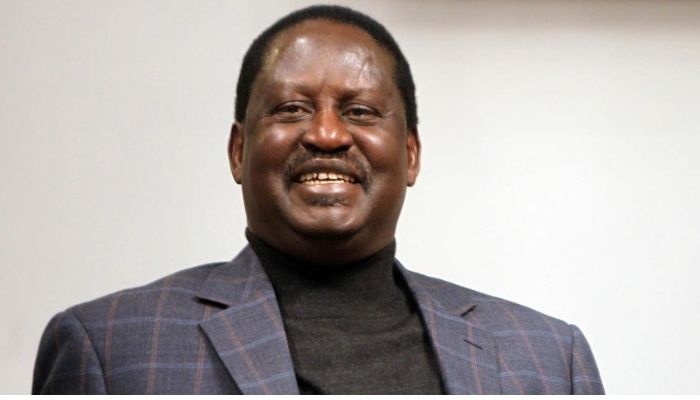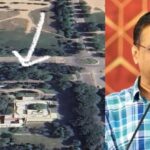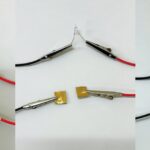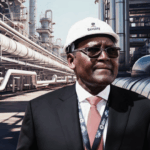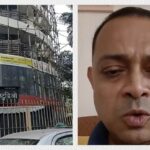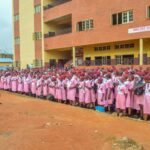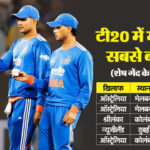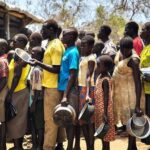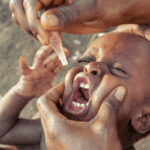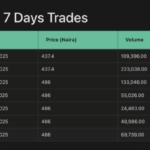He was a man who lived a very difficult life, much of which was in the public eye. The prize he most desired – becoming President of Kenya – was never destined to come to him. He contested elections for this post five times. He lost five times. Every time he disputed the decision. But he never lost courage.
His heart finally gave out on October 15 during a routine morning walk in remote Kerala, India, where he was seeking Ayurvedic treatment for diabetes, high blood pressure and chronic kidney disease, diseases that regularly plague Africans, especially in their twilight years. He suffered a heart attack, collapsed and was soon gone.
Echoing the theme of the heart, a few days after his death, Raila was awarded the title of Chief of the Order of the Golden Heart of Kenya (CGM), Kenya's highest national honour, by his old rival, President William Ruto, 'in recognition of his service to the Kenyan nation'.
He was easily one of the most controversial politicians in Kenya and Africa.
Even death could not dampen the enthusiasm of his supporters. The day after his death, thousands of mourners gathered at Jomo Kenyatta International Airport to collect his body, forcing the airport authority to suspend flights and close the country's airspace for a few hours.
To accommodate the growing crowd, the seating area for the official lying in state had to be moved from in front of Parliament to the Moi International Sports Centre. A stampede broke out and four people were reportedly killed and several others injured in the melee. Kenyan police, always known for their heavy-handed crackdown, were accused of firing some of the bullets.
Raila Amolo Odinga was born on 7 January 1945 in Maseno, then known as the Colony and Protectorate of Kenya. His father was the well-known politician Jaramogi Oginga Odinga.
There is no dispute as to how Raila got his radical activism. The family came from the Luo ethnic group, Kenya's fourth largest ethnicity. In 1964, Oginga became the First Vice President of the Republic of Kenya in the government of President Jomo Kenyatta. His ideological leanings were socialism, and he emphasized a close alliance with the Eastern Bloc and Warsaw Pact 'communist' countries during the Cold War, while Jomo Kenyatta took Kenya in the direction of the United States and the Western Bloc of 'capitalist' countries. They soon fell out, and Odinga, who had his sights set on the presidency himself, resigned from office and left Jomo Kenyatta's party to form the Kenya People's Union (KPU) in 1966.
The two former colleagues had a public falling out and he was arrested and detained in 1969 after a verbal altercation with the President. KPU was banned.
Oginga died in 1994.
There is an interesting detail regarding the relationship between Raila and his father Oginga. Oginga is alleged to have cursed Raila for undermining him at a political event he was chairing and predicted that he would never become President of Kenya.
Raila's story reads like a story of perpetual war. After early education in Kisumu district, he traveled to East Germany to study mechanical engineering. Upon his return, he started a business and later joined the civil service.
In 1982, there was a failed coup attempt against the government of President Daniel arap Moi. Many people lost their lives.
Raila and his father were arrested on suspicion of collusion with coup plotters.
Over the next three decades, Raila immersed himself completely in politics. He was detained several times for opposition activities. He won local elections and served in Parliament. He was appointed minister and briefly served as Prime Minister of Kenya.
In 1997, he made his first bid for the presidency. He has lost.
In 2007, he ran again. He has lost.
He went into battle again in 2013, 2017 and 2022.
After losing to Uhuru Kenyatta in the 2017 election, he approached the Supreme Court, which annulled the results and ordered re-election. Raila decided to boycott the re-telecast.
Soon after, he himself was sworn in as the 'people's President' at a public ceremony in Nairobi.
He eventually reconciled with President Uhuru Kenyatta, and together they embarked on the Building Bridges Initiative. He effectively became Kenyatta's deputy president, although William Ruto remained the official vice president.
There was an understanding that Kenyatta would support Raila for the presidency in the next election. By all accounts, he did.
Raila nevertheless lost in 2022 and William Ruto became president.
In a last wave on the international scene, Raila was nominated by Kenya to contest for the presidency of the African Union in February 2024. It seemed like a well-deserved honor for a long-suffering storm petrel with impeccable pan-African credentials, who wanted to leave a legacy of continental free trade, effective management of intra-African conflicts and enhancing the continent's influence on the global stage. His opponent was a little-known man from Djibouti.
Raila lost the election.
Before his death there was speculation that Raila, at the age of 80, might return to the Nairobi arena in 2027 with the next presidential election approaching. This prospect probably filled President Ruto and his bosses with more than a little trepidation, especially given the recent turbulent period of mass unrest in Kenya.
What did Raila Odinga mean?
It is difficult to put a formal ideological label on them. He was not an old-fashioned 'socialist' like his father Oginga. Perhaps the description 'populist socialist with traditional values' – a paradox of sorts, would best capture his essence.
Did Oginga Odinga really curse his son? Or was this another popular myth about this 'people's president'?
May the soul of the brave old warrior of Kisumu rest in peace, and may there be peace and progress in the country he loved and for whose leadership he fought all his life.

